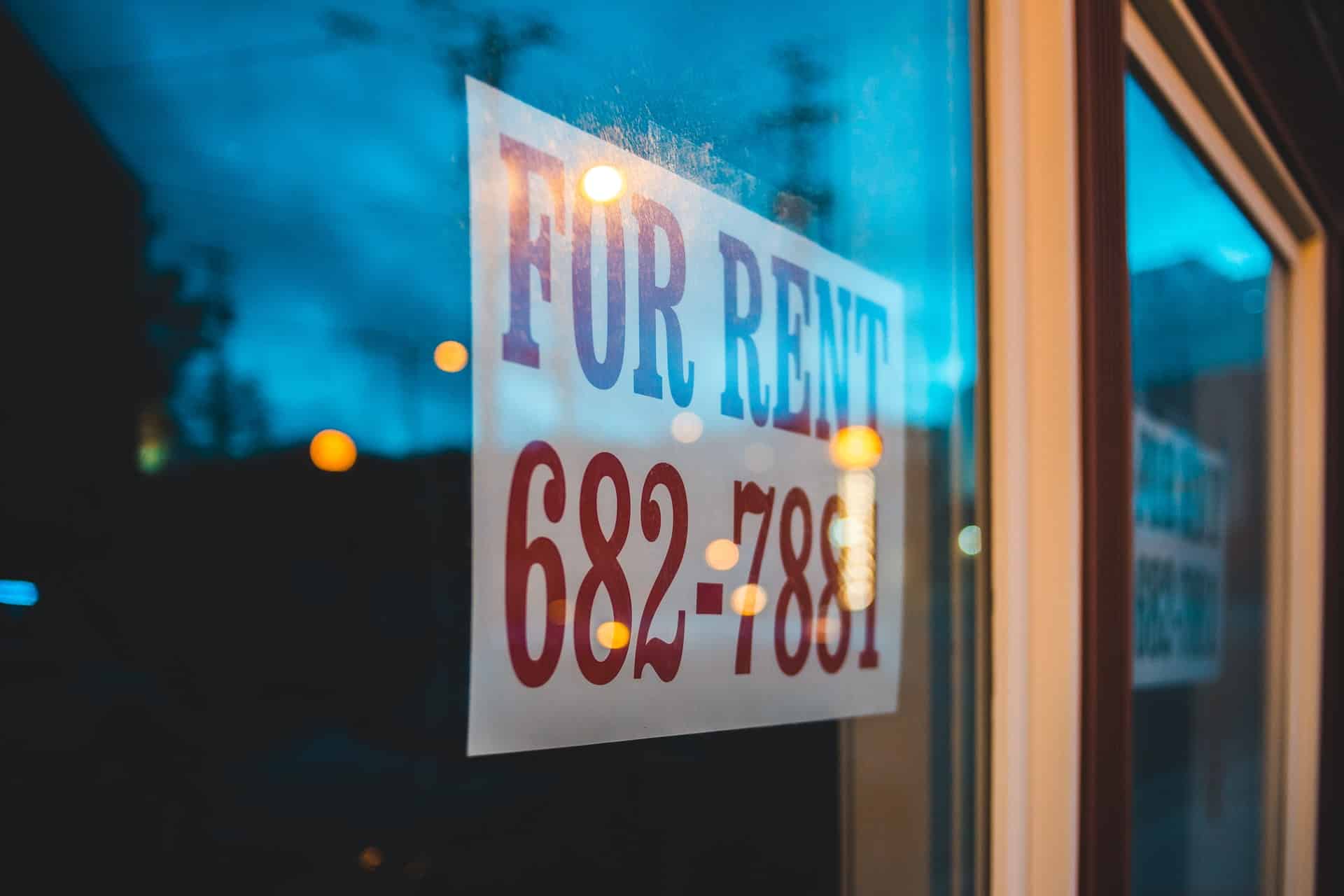Income generation and increased equity over the long term aren’t the only ways property investors can benefit from owning rental properties. Rentals offer significant tax benefits compared to other income-generating assets.
Read on to find out how to avoid paying more taxes than you have to and leverage the deductions you may be eligible for when you own a rental property.
IMAGE: UNSPLASH
1. Operating Expenses Are Tax-Deductible
Your operating expenses for maintaining and managing rental properties are tax-deductible. According to the IRS, these expenses may include:
- Property management fees
- Costs of advertising
- Leasing commissions
- Maintenance and repairs
- Homeowner and landlord liability insurance
- Utilities and supplies
- Landscaping
- Pest control
- Professional service fees (e.g., for your accountant or real estate attorney)
- Property taxes
2. Mortgage Interest Is Fully Tax-Deductible
The mortgage interest paid by the property investor on loan used to buy a rental property is fully tax-deductible. The interest paid on a credit card is also an example of tax-deductible interest expenses.
If you want to use a credit card to buy major items, such as fixtures and appliances, it’s best to use a business credit card. Doing so can help you separate your business expenses from your personal expenses.
3. You Are Eligible For A Depreciation Deduction
The IRS allows real estate investors to depreciate rental properties over 27.5 years to recover the cost of wear and tear. Since land doesn’t wear out, only the cost of the home and other items such as carpeting, new roof, and appliances may be depreciated.
4. You Can Defer Paying Capital Gains Tax
Rental property owners can defer paying capital gains tax and tax on depreciation recapture through a Section 1031 tax-deferred exchange. Normally, when a rental property is sold, the depreciation expense is recaptured and taxed as income to the investor. Depending on the federal income tax bracket, this could reach up to 25%.
Additionally, the investor pays a long-term capital gains tax of 0%, 15%, or 20% on any profit from the sale of the rental property. However, through the Section 1031 tax-deferred exchange, the investor can put the money to work by investing in another rental property instead of paying taxes.
It’s recommended to consult with a tax specialist, as the rules of Section 1031 exchange are complex. Primarily, the main rules include the following
- Replacement property must be of equal or greater value to the property being sold
- Replacement property must be identified within 45 days
- Replacement property must be bought within 180 days
You can perform Section 1031 exchanges indefinitely to defer these taxes. However, when you sell your properties, the taxes owed should be paid. So instead of selling them, some keep them in their portfolio and earn from the rentals until passing the properties to their heirs.
Once inherited, the cost basis increases to the current market value and any outstanding capital gains tax and depreciation recapture tax liabilities are eliminated.
5. Income From Rental Properties Is Not Subject To FICA Tax
Self-employed individuals are normally required to pay both the employer and employee portion of Social Security and Medicare taxes or the FICA tax. If you own a rental property, the income is not classified as earned income. With this, you won’t have to pay FICA tax.
So for instance, you own a business and earns $100,000 in annual income, it is subject to FICA tax. On the other hand, if you generate $100,000 in annual income from the rental properties you own, there won’t be FICA tax due.
6. You May Qualify For The Pass-Through Income Deduction
Property investors may deduct up to 20% of their net business income from their income taxes if they qualify for the pass-through income deduction. To qualify, you must own a pass-through business and have qualified business income, but take note that this is still subject to some restrictions.
A pass-through business may be a sole proprietorship, a partnership, a limited liability company (LLC), or an S corporation. Meanwhile, qualified business income refers to the net income or profit earned by a pass-through business. It doesn’t include income from a short- or long-term capital gain, dividend, or interest income received by the pass-through business.
7. Some owner expenses may also be deductible.
Even when the property investor hires a property manager, there may still be expenses that the property owner may deduct to minimize taxable income.
- Travel– You can deduct travel expenses, including airfare and lodging, as long as the travel is mainly for business. The expenses must also be reasonable and necessary for the real estate business. Auto expenses for traveling to the rental property may also be deducted. The standard mileage deduction has a rate of 56 cents per mile. You may also keep track of actual itemized expenses such as gas and insurance, and deducting the pro rata share used for business.
- Education– Expenses for subscriptions to real estate or business periodicals, real estate investing club, or fees for continuing education can be deducted from income generated from rental properties.
- Home office– The IRS allows you to claim a standard deduction of $5 per square foot, up to 300 square feet, provided that portion of your residence is exclusively used for business purposes.
Final Thoughts
Tax matters can be complicated. There are many other tax rules for rental properties involving improvements, depreciation, and expenses that you may take advantage of to optimize your tax position.
However, when in doubt or if you simply don’t have the patience or time to deal with your taxes, partner with trusted CPA firms such as Lear & Pannepacker.


COMMENTS